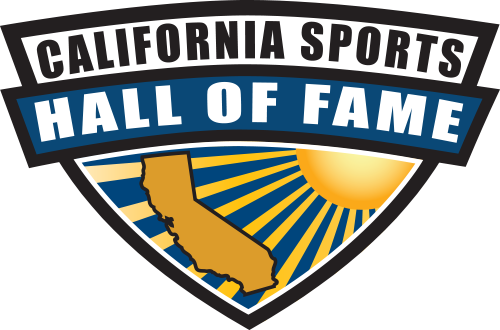John Carlos
Dr. John Carlos is a medaled USA Track and Field Hall of Fame athlete and Olympian. Competing in the 200 meters, Carlos earned the Gold in the 1967 Pan American Games, and the Bronze in the 1968 Olympics. A record setter, Dr. Carlos led San Jose State to its first NCAA championship in 1969 with victories in the 100 and 220, and as a member of the 4x110-yard relay. He also set indoor world bests in the 60-yard dash and 220-yard dash at the 1967 Pan American Games in Winnipeg, Manitoba, Canada.
As a youth growing up in Harlem, New York, John Carlos was a gifted athlete and student whose influences and sense of hard work and determination were instilled by his mother and father. It was a local police officer who first prompted a young John to pursue Track and Field as more than just a game of chase with the neighborhood kids. Dr. Carlos credits scholastic encouragement and organized athletics, along with community minded mentors, for keeping him focused, out of trouble, and the foundation for his drive to achieve and succeed.
Dr. Carlos made world history during the 1968 Olympics in Mexico City, Mexico, when he took to the international stage during the medal ceremony and made a speechless statement, heard and seen worldwide. Winning the 200 meter, John Carlos accepted the Bronze medal at the Olympic podium wearing black socks and no shoes to represent impoverished people who had no shoes of their own, and raised a black-gloved fist crowning a bowed head to humbly reflect the strength of the human spirit. Carlos was joined in his statement by teammate and gold medalist Tommie Smith, and both were supported by silver medalist, Australian, Peter Norman who wore an Olympic Project for Human Rights badge. Headlines were made around the globe and the photograph of the three medalists standing peaceably in protest at the ceremonial podium instantaneously became a historical symbol of the fight for human rights. International Olympic Committee president Avery Brundage immediately ordered Smith and Carlos suspended from the U.S. team and banned them from the Olympic Village. No penalties or repercussions were enforced on the Australian, Peter Norman by the IOC.
Following the controversial 1968 Olympic medal ceremony, all three athletes suffered lingering effects of their gesture, the most serious of which were death threats against Carlos, Smith, and their families. Contrary to reports, Carlos and Smith were not stripped of their medals. Carlos drew upon the founding principle of all athletes, perseverance and personal strength, as he strode forward through his career and in his pursuit to make a difference for the future of all people. Carlos went on to play for the Philadelphia Eagles of the National Football League, the Canadian Football League, worked with Puma, the United States Olympic Committee, the Organizing Committee of the 1984 Summer Olympics, and the City of Los Angeles. Since 1985, Dr. Carlos has been a counselor, in-school suspension supervisor, and the track and field coach at Palm Springs High School in California.
Continuing his life-long mission to improve human rights conditions and to increase chances for the successes of our youth, Dr. Carlos is actively involved with global and community movements. In April of 2008, he once again took to the international stage and was a torch-bearer for the Human Rights Torch, which ran in parallel to the 2008 Summer Olympics torch relay, and focused attention on China’s human rights record. In July of the same year, Dr. Carlos accepted the Arthur Ashe Award for Courage for his salute at the 2008 Espy Awards.
